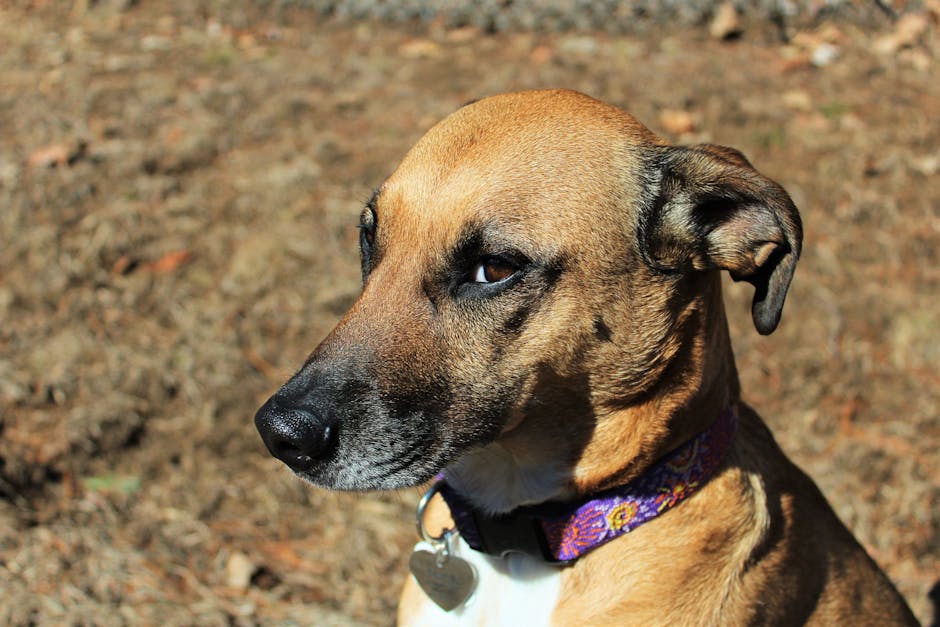Dog training is an essential aspect of pet ownership that not only enhances your bond with your furry friend but also promotes their overall well-being. By investing time and effort in training, you can establish clear communication channels, prevent behavioral problems, and ensure a harmonious coexistence within your household. Here are some crucial dog training tips to help you achieve a well-behaved and contented canine companion:
**1. Start Early:**
Begin training as soon as you bring your puppy home. Puppies are highly receptive and eager to learn during their early developmental stages, making it an ideal time to instill good habits and reinforce desirable behaviors.
**2. Keep Training Sessions Short and Positive:**
Training should be enjoyable for both you and your dog. Keep sessions brief, around 5-15 minutes, and always end on a positive note. Reward your dog with treats, praise, or affection when they perform desired behaviors.
**3. Use Consistent Commands:**
Choose clear and concise commands for each desired behavior. Stick to the same commands consistently to avoid confusing your dog and ensure they understand what is expected of them.
**4. Train in a Controlled Environment:**
Choose a quiet and distraction-free environment for training sessions, especially during the initial stages. It allows your dog to focus on you and learn more effectively.
**5. Reward Desired Behaviors:**
Reward your dog immediately after they perform a desired behavior. This positive reinforcement will encourage them to repeat the behavior. Use treats, praise, or affection as rewards, tailored to your dog's preferences.
**6. Be Patient and Consistent:**
Training takes time and consistency. Avoid getting discouraged if your dog doesn't understand right away. Continue practicing regularly, using the same commands and rewards, and your dog will eventually grasp the desired behaviors.
**7. Address Behavioral Problems Promptly:**
If your dog exhibits undesirable behaviors, such as excessive barking, chewing, or aggression, address them promptly. Seek professional help from a certified dog trainer or veterinarian to determine the underlying cause and develop appropriate training strategies.
**8. Socialize Your Dog:**
Expose your dog to various environments, people, and other animals in a controlled and positive manner. Socialization helps your dog become well-adjusted, confident, and less likely to exhibit fear or aggression.
By implementing these dog training tips, you can foster a strong and fulfilling bond with your canine companion, while also creating a harmonious and enjoyable living environment for both of you. Remember, training is an ongoing process that requires patience, consistency, and positive reinforcement. With dedication and love, you can train your dog to be a well-behaved and contented member of your family.
